Summaries of books about European History:
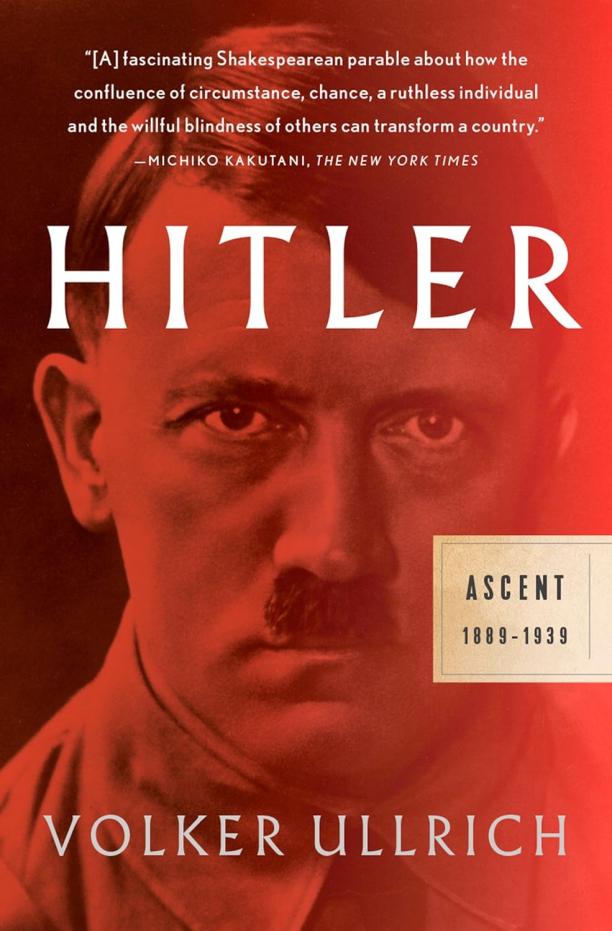
Hitler
Ascent: 1889-1939
Volker Ullrich
The book provides a detailed biography of Adolf Hitler from his birth until the onset of World War II, examining his early life, rise to power, and the societal and political conditions that facilitated his ascent in Germany. It delves into Hitler's personality, ideology, and the mechanisms he used to establish the totalitarian regime of the Third Reich.
See full summary
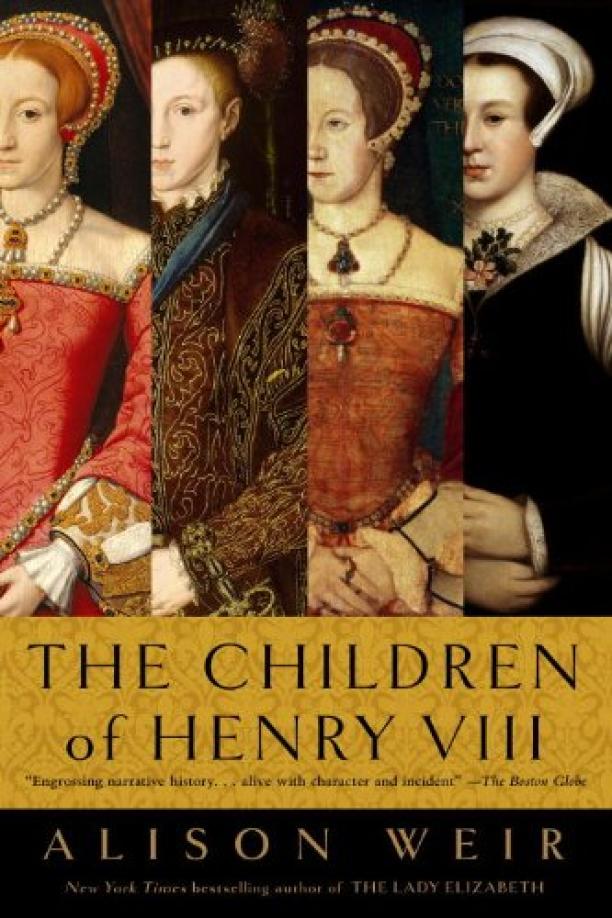
The Children of Henry VIII
Alison Weir
The book delves into the lives and relationships of King Henry VIII's offspring: Mary I, Elizabeth I, and Edward VI, as well as his niece, Lady Jane Grey. It explores their individual reigns, political maneuvers, and the complex dynastic struggles of the Tudor succession.
See full summary
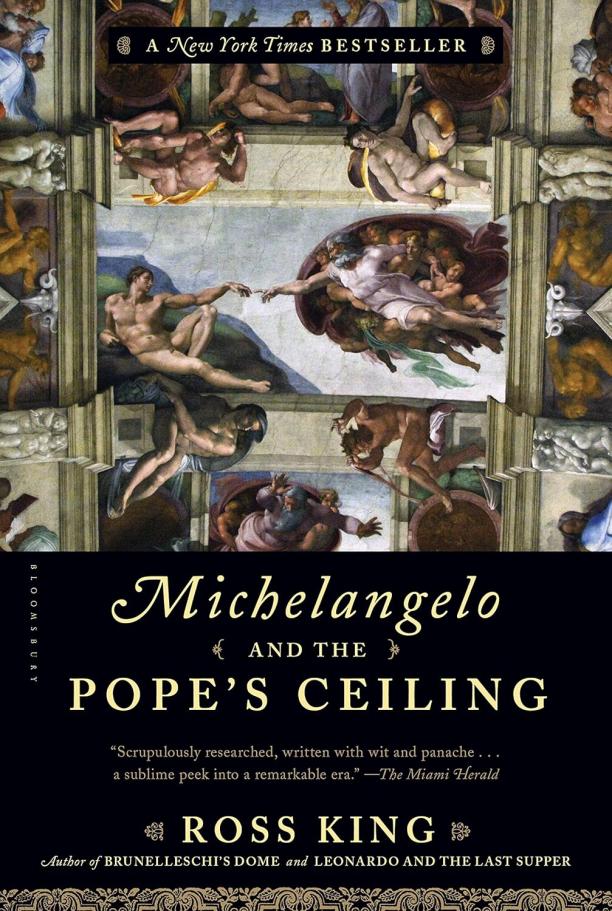
Michelangelo and the Pope's Ceiling
Ross King
The book delves into the four-year ordeal of Michelangelo painting the Sistine Chapel ceiling, commissioned by Pope Julius II, exploring the artistic challenges, political intrigue, and personal struggles he faced. It provides historical context and insight into Renaissance art, the complex relationship between the artist and the pontiff, and the creative process behind one of the world's most famous artistic achievements.
See full summary
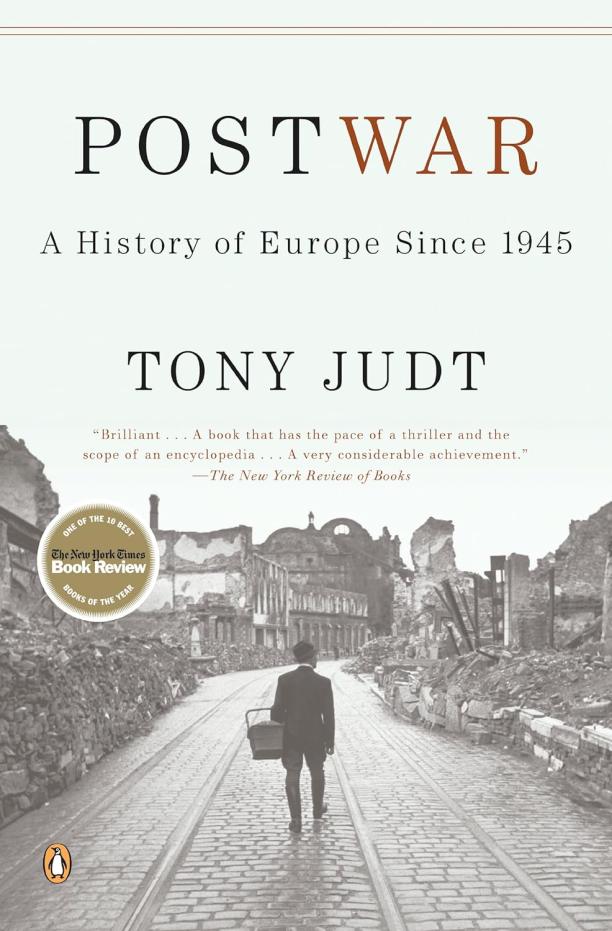
Postwar
A History of Europe Since 1945
Tony Judt
The book provides a comprehensive analysis of European history from the end of World War II through the early 21st century, examining political, social, and economic changes. It explores the Cold War's impact, the rise and fall of communism, European integration, and the challenges faced by the continent as it moves into the modern era.
See full summary
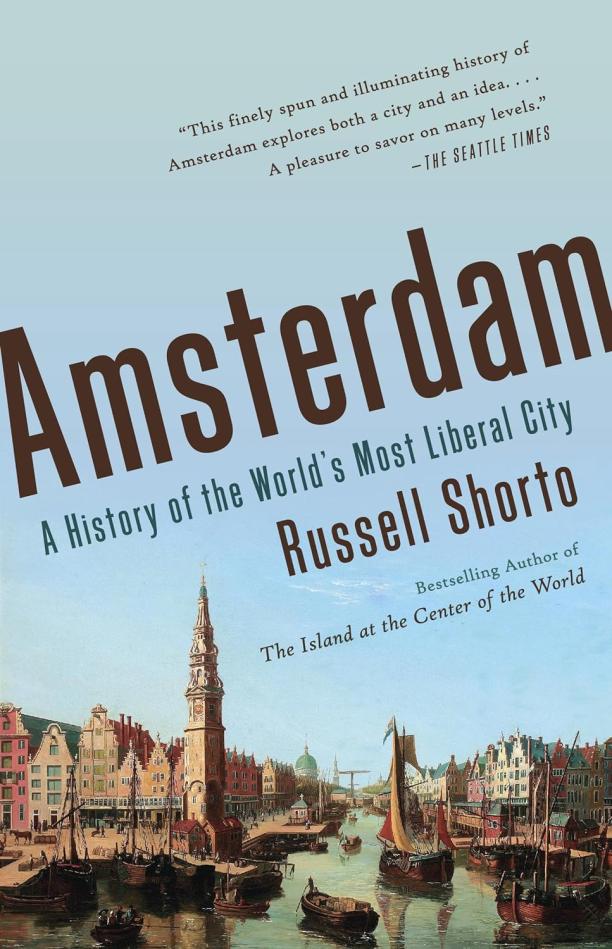
Amsterdam
A History of the World's Most Liberal City
Russell Shorto
The book delves into the rich, complex history of Amsterdam, tracing its evolution from a small fishing village to a vibrant, liberal metropolis. It explores the city's unique approach to commerce, governance, and social issues, highlighting how its progressive values have shaped its identity and influence on the world stage.
See full summary
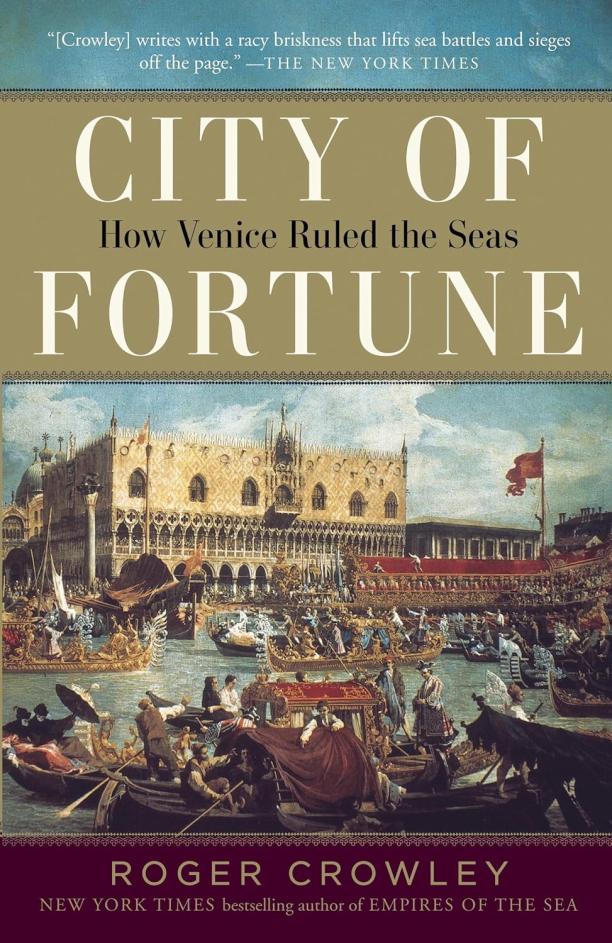
City of Fortune
How Venice Ruled the Seas
Roger Crowley
The book chronicles the rise and fall of Venice as a maritime power, detailing its economic ascendancy, dominance of Mediterranean trade, and pivotal naval battles. It explores the city's political strategies, commercial innovations, and the impact of the Fourth Crusade, which led to Venice's peak as an empire before its eventual decline.
See full summary
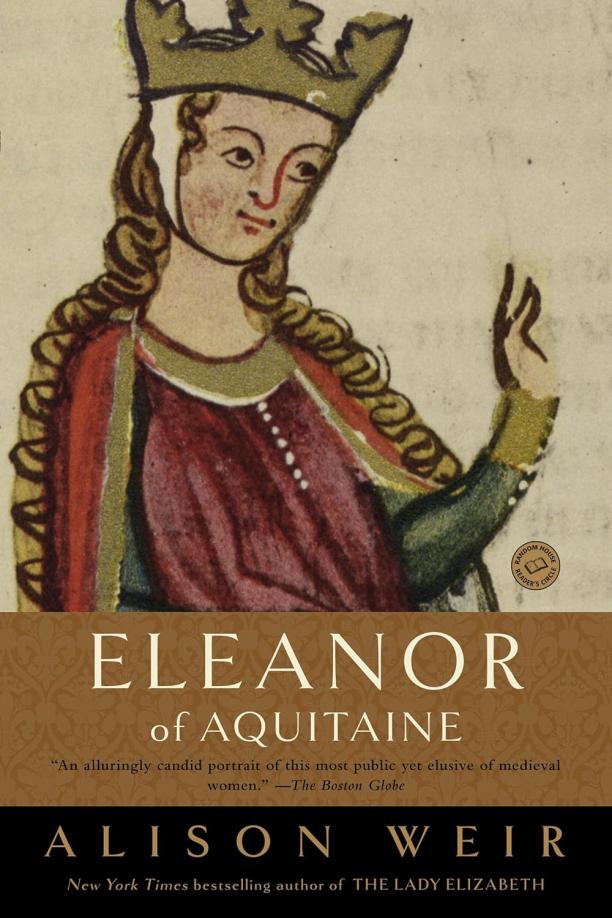
Eleanor of Aquitaine
A Life
Alison Weir
The book delves into the life of Eleanor of Aquitaine, one of the most powerful and influential women of the Middle Ages, exploring her roles as the Queen of France, Queen of England, and mother to two English kings. It provides a detailed account of her political maneuvers, her turbulent marriages to Louis VII and Henry II, and her impact on the politics and culture of 12th-century Europe.
See full summary
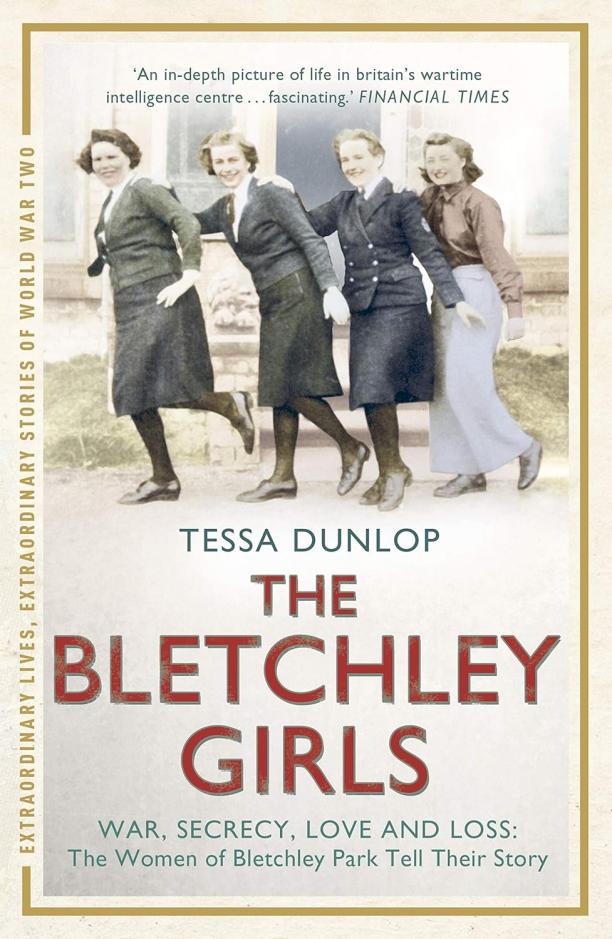
The Bletchley Girls
War, secrecy, love and loss: the women of Bletchley Park tell their story
Tessa Dunlop
The book chronicles the personal accounts of the women who worked at Bletchley Park during World War II, detailing their contributions to the code-breaking efforts that were crucial to the Allied war effort. It explores their lives, the secrecy of their work, the challenges they faced, and the impact of their experiences on their post-war lives.
See full summary
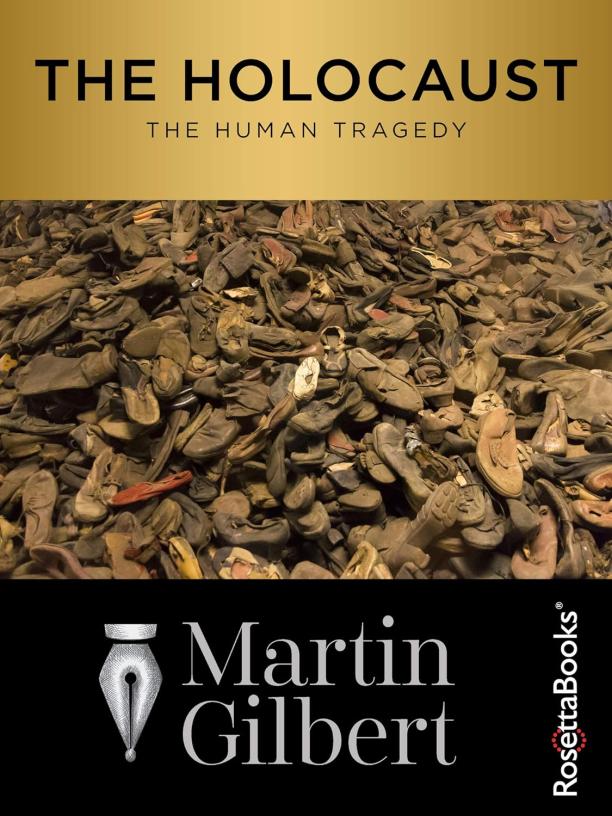
The Holocaust
The Human Tragedy
Martin Gilbert
The book provides a comprehensive account of the Holocaust, detailing the experiences of victims, survivors, and perpetrators during the genocide of six million Jews by Nazi Germany. It chronicles events from pre-war anti-Semitism to the liberation of the concentration camps, including personal testimonies and the impact on various Jewish communities.
See full summary
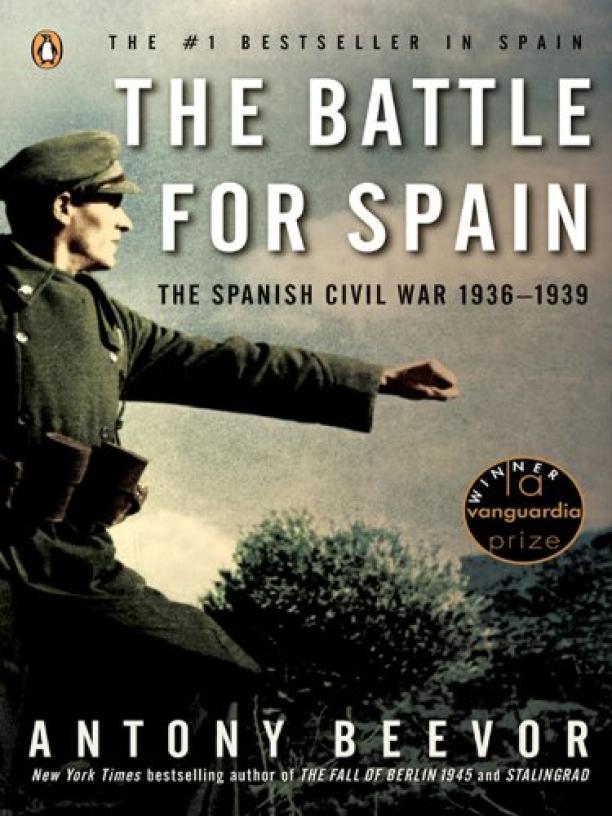
The Battle for Spain
The Spanish Civil War 1936-1939
Antony Beevor
The book provides a comprehensive historical account of the Spanish Civil War, detailing the complex political and social dynamics that led to the conflict, as well as the major battles, international involvement, and the war's profound consequences. It examines the roles of key figures and ideologies, offering a nuanced exploration of the war's impact on Spain and its lasting legacy.
See full summary